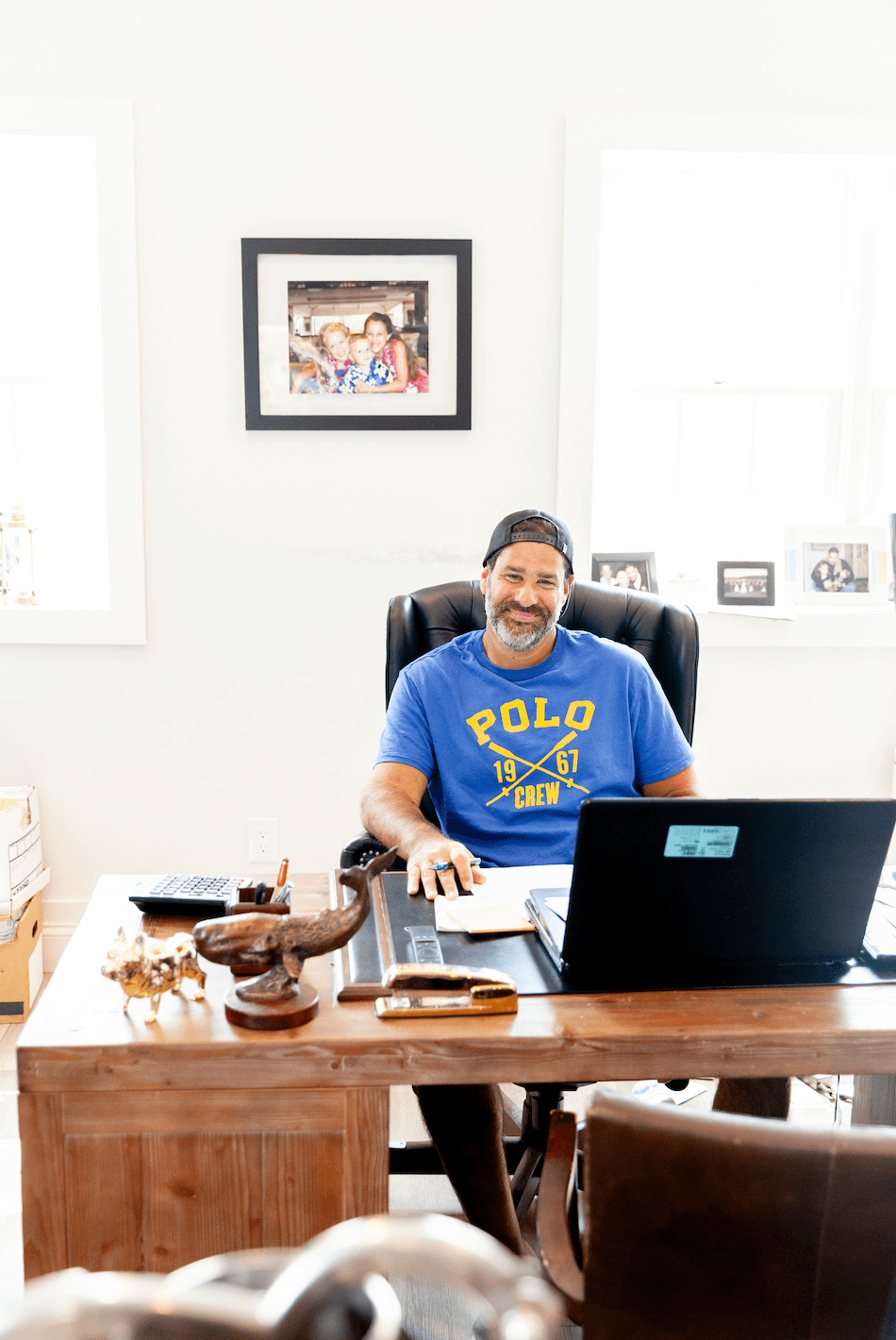Lifestyle
How Does the Quality Sleep Affect Your Mental Wellbeing

As you might have noticed, poor quality sleep has immediate adverse effects after pulling an all-nighter or when someone wakes you up before your alarm goes off. However, besides feeling groggy and out of it, did you know that not sleeping well can cause or exacerbate mental health issues?
Taking care of your mental health should be a priority. Mental health being a priority is why you have to ensure your sleep quality doesn’t get compromised. And for that, one of the best things is the Cake Delta 8 Disposable. Cake is a well-known brand, and its Delta 8 disposables are safe, last for hours and come at an attractive price.
Depression
For a long time, depression was known to be what causes you not to get enough sleep, but recent studies show that sleep deprivation can lead to depression. For example, a meta-analysis from 2011 with data from 21 studies found that your chances of getting depression double if you have insomnia.
Suffering from chronic sleep deprivation, which means getting poor quality sleep over long periods, is now known for changing a chemical called serotonin in your brain. The serotonin in your brain is the chemical responsible for keeping you happier when it’s at normal levels. Should these levels drop, you risk getting depression.
ADHD
If you’ve had ADHD since childhood, whether or not you were diagnosed with it, you might find it harder to fall asleep when you grow older. Unfortunately, the opposite is also true, and research has shown that it’s possible to develop ADHD later if your sleep patterns are regularly disturbed over the years.
Researchers found through sleep restriction experiments that getting poor sleep can worsen ADHD symptoms. That can cause you to get more impulsive, over-active, and inattentive than usual. Additionally, a study that involved children with ADHD showed a decline in the intensity of symptoms after the kids’ sleep patterns got restored to normal levels.
Anxiety
According to the American Academy of Sleep Medicine, you need to get a minimum of seven hours of sleep every day to avoid mental health issues like anxiety. Dr. Julia Kogan, a sleep and stress psychology specialist, says your body produces higher cortisol levels when you’re getting enough sleep.
Cortisol is a chemical that’s usually connected with stress as it’s responsible for worsening digestive problems and headaches to make you feel exhausted or anxious. In addition, sleep deprivation intensifies activity in the regions of your brain correlated to anxiety, as stated in a 2013 study in The Journal of Neuroscience.
PTSD
A 2019 meta-analysis and systematic review said that your chances of developing an anxiety disorder like PTSD multiply by three if you have insomnia. Other studies saw people who experience sleep disruptions being at risk of getting PTSD more quickly than people who sleep healthily. Losing out on REM sleep was the prominent factor in increasing this risk.
REM sleep and other stages of sleep are crucial in helping you understand that the stimuli you experience in an unpleasant setting can be harmless. The Biological Psychiatry: Cognitive Neuroscience and Neuroimaging journal has a study that showed how losing sleep hampers the brain’s function that makes you forget bad memories.
Psychosis
Researchers say if you lie awake in bed often instead of sleeping, the longer you do this, the higher your chances of losing a sense of reality rise. Some of the symptoms you must look out for before the situation worsens include intensifying hallucinations and hazy or racing thoughts.
Psychosis symptoms are now understood to amplify the longer you stay awake and usually start with simple sensory misjudgments. The good news is that if you find yourself with psychosis symptoms due to not sleeping enough, returning your sleep patterns to healthy levels can cure these.
Bipolar disorder
A study published in the British Journal of Psychiatry in September 2017 found that sleep deprivation can trigger manic episodes in people with bipolar disorder. Additionally, when you’re experiencing a manic episode, you could feel like you don’t need sleep as you’ll feel extraordinarily energized or alert.
A study in the Translational Psychiatry journal that singled out healthy people found a link between poor sleep and bipolar disorder risk. While this study doesn’t mean you’ll get bipolar disorder by not sleeping enough, it does give us enough reason to want to prevent that possibility.
Conclusion
You can avoid developing or making many mental health conditions worse by simply spending more time asleep. However, just sleeping may not always be easy. So look for ways to curb abnormal sleeping patterns and contact your doctor should you think you have a sleep disorder.
Lifestyle
The Whale’s Tale Brings Family-Friendly Flavor to the Hamptons

There’s a new spot in the Hamptons where delicious food, relaxed beach vibes, and family-friendly fun come together in one inviting destination. The Whale’s Tale, originally a beloved favorite in Northport, has made its way to the East End and is already creating buzz as a must-visit for locals and vacationers alike.
Perfectly positioned beside the marina and steps from the shoreline, The Whale’s Tale Hamptons location is designed for all-day enjoyment. The indoor dining room offers a cool retreat from the sun while the open-air deck provides front-row seats to golden hour. The grab-and-go beach shack is ideal for quick treats, offering craft beer, artisan soft serve, and snacks for those headed back to the sand.

The menu is fresh, fun, and filled with options for every palate. Families can share acai bowls, tacos, and crisp shrimp cocktail while seafood lovers indulge in buttery lobster rolls and a raw bar featuring oysters and chilled shrimp. The food is flavorful without being fussy, making it perfect for guests of all ages.
With games like cornhole, live music on weekends, and firepits for evening hangouts, the atmosphere is casual and welcoming. It’s a place where kids can play, adults can relax, and everyone feels like they belong. Whether you’re spending the day at the beach or looking for an easy-going dinner spot, The Whale’s Tale offers a refreshing take on what it means to dine by the water.
This isn’t just another restaurant, it’s a new chapter in Hamptons hospitality. One where good food, good company, and good views come standard.
-

 Tech4 years ago
Tech4 years agoEffuel Reviews (2021) – Effuel ECO OBD2 Saves Fuel, and Reduce Gas Cost? Effuel Customer Reviews
-

 Tech6 years ago
Tech6 years agoBosch Power Tools India Launches ‘Cordless Matlab Bosch’ Campaign to Demonstrate the Power of Cordless
-

 Lifestyle6 years ago
Lifestyle6 years agoCatholic Cases App brings Church’s Moral Teachings to Androids and iPhones
-

 Lifestyle4 years ago
Lifestyle4 years agoEast Side Hype x Billionaire Boys Club. Hottest New Streetwear Releases in Utah.
-

 Tech7 years ago
Tech7 years agoCloud Buyers & Investors to Profit in the Future
-

 Lifestyle5 years ago
Lifestyle5 years agoThe Midas of Cosmetic Dermatology: Dr. Simon Ourian
-

 Health6 years ago
Health6 years agoCBDistillery Review: Is it a scam?
-

 Entertainment6 years ago
Entertainment6 years agoAvengers Endgame now Available on 123Movies for Download & Streaming for Free
